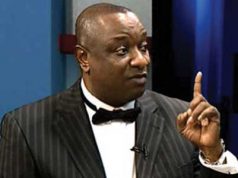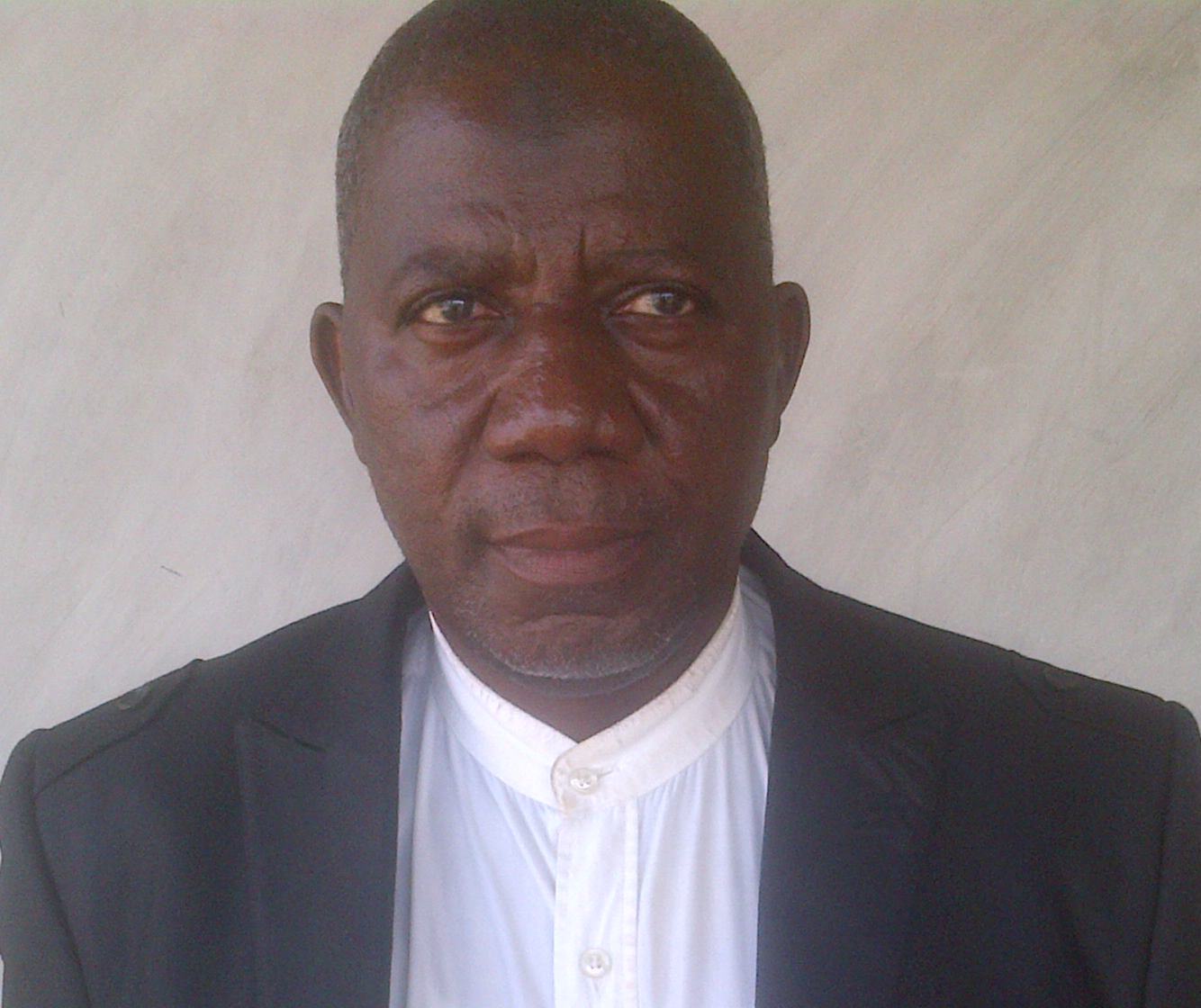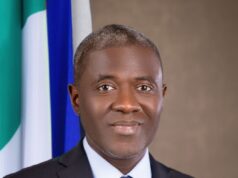
President Goodluck Jonathan and Presidential candidate of Peoples Democratic Party (PDP), the Presidential candidate of All Progressives Congress (APC), General Muhammadu Buhari, Presidential candidates of other political parties as well as their chairmen signed an Abuja peace accord today ahead of February general elections.
The stakeholders in the elections, which also included the chairman of Independent National Electoral Commission (INEC), Professor Attahiru Jega and the security agencies made an undertaking that they would allow peace to thrive before, during and after the elections.
The peace accord was drafted by the former Secretary-General of the Commonwealth of Nations, Chief Emeka Anyaoku, with the former United Nations (UN) Secretary-General, Kofi Anan and other local and world leaders witnessing the signing by the stakeholders.
Among the Party chairmen who signed the accord were Tunde Anifowoshe Kelani of Action Alliance (AA), Rafiu Salau of Alliance for Democracy (AD), Chief Ralphs Okey Nwosu of African Democratic Congress (ADC), Chief John Odigie-Oyegun of All Progressives Congress (APC), Ambrose Albert Owuru of Hope Democratic Party (HDP) and Professor Oluremi Sonaiya of Kowa Party (KP).
Others were Dr. Yunusa Tanko of National Conscience Party (NCP), Dr. Mua’azu Adamu of Peoples Democratic Party (PDP), Barrister Godson Okoye of United Democratic Party (UDP), Chief Chekwas Okorie of Unity Progressive Party (UPP) and Alhaji Gani Oseni Galadima of Alliance Congress Party of Nigeria (ACPN).
The Presidential candidates of all the parties also appended their signatures to the peace accord, after which they took a group photograph.
President Jonathan took the opportunity of the workshop and signing of peace accord to inform Nigerians that his government had paid compensation of three billion naira to the victims of Kaduna post election violence, even though about N15 Billion was due to the victims
He said that other states affected by the post-election violence got between five and seven billion naira, adding the level of destruction in Kaduna state was almost more than all the other parts of the country put together.
“So that is the kind of thing the country faces. At the end of elections, we do not need to kill people. We do not need to get our houses or industries burnt. I believe we will get there if we are sincere to do what is right in this country.
The emphasis here is electoral violence not electoral malpractices. With electoral malpractices, the Courts can help. To some extent but there is nothing the courts can do about electoral violence. If a property is burnt, it is burnt. If you identify the person, yes, he can go in for arson charges. It is often difficult convicting people.”
The President took a look at the history of election in Nigeria and said: “for people of my age and above, we were told that there were electoral violence by the people of south west. And that violence led to the collapse of the first Republic.
“In the second republic which I was old enough to observe as a student, we noticed that at the beginning, political parties, the key actors were even relating. After the elections, Governors from different parties were even relating. But as the second round of elections were coming on board, the behaviour changed and people started insulting themselves. I remember a particular day, I was worried because as President Shehu Shagari was approaching one state, even the commentators on the radio were abusing him.
“Of course, I was not surprised that, that second republic did not last. Once the politicians start abusing themselves, insulting every institutions, it is just like what late Tai Solarin referred to as “the beginning of the end”
“So presently, we are talking about what is coming up.
“If you look at the 2011 elections, we approached it differently. I am happy that Civil Society people are here, they did mention that 2011 election was much better than any other conducted by the country.
“Even then, at the end of the election, violence still ensued in some parts of the country. Even in Kano and Bauchi, properties and houses were burnt down and in Bauchi, 10 young innocent Youth Corpers were slaughtered.”
President Jonathan pleaded to politicians to stop hate preaching that could instigate crises and threaten others.
“Provocative and inflammatory statements by people whether they are traditional or religious leaders, or ethnic nationalities leaders must stop. We must stop this. We can practice politics without bitterness.
“We must accept that the struggle to rules is not struggle to conquer. Whenever you win election, you will rule the whole country and not only your political party members so that at the end of the election, everybody must be your friend and follower.
“We must stop the hate issues then of courses these violence will begin to reduce. We must also strengthen the security.” [myad]






